International
In shift, Venezuela opposition takes part in vote as foreign teams observe
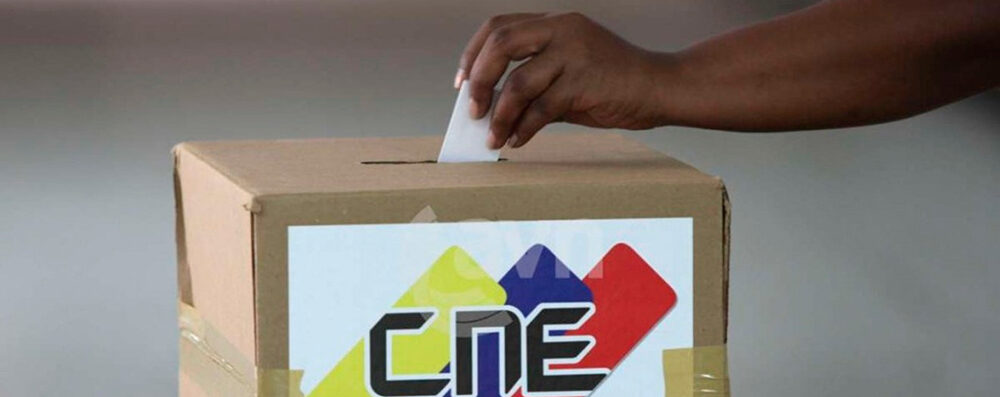
AFP
With opposition parties participating for the first time since 2017 and European Union observers returning, Venezuela’s Sunday elections represent an early contest for power between the government and rivals in a country mired in economic crisis.
An estimated 21 million Venezuelans will be going to the polls to elect 23 state governors, as well as the mayors and council members of hundreds of cities.
Polling stations opened at 6:00 am (2200 GMT) for 12 hours, with results expected around “two or three in the morning,” a source with the National Electoral Council said.
Lines formed early.
“I’ve come to exercise my right to vote in a democratic country,” 74-year-old Jose Casanova, a militant leftist, said after casting his ballot in a working-class neighborhood in eastern Caracas.
He considers Venezuela “a blessed country despite all its problems.”
Leftist President Nicolas Maduro, whose deeply controversial presidency has left the South American nation facing punishing economic sanctions, has been seeking a measure of relief through careful shows of goodwill and democratic intention.
The opposition, which had boycotted elections for the past three years saying they were neither free nor fair, agreed to take part in Sunday’s votes after receiving assurances from the government.
Opposition leaders hope to raise their profile and gain momentum ahead of presidential elections set for 2024.
But there seems little doubt about the outcome: experts predict the Chavist movement that Maduro has led since the death of President Hugo Chavez in 2013 should easily prevail over a divided opposition.
– Limited opposition gains –
Henrique Capriles, who lost presidential elections both to Chavez in 2012 and to Maduro a year later, said the opposition’s division will undeniably weigh on it.
“Let’s be honest,” he said: “The PSUV (the governing Socialist Party) is going to win.”
Observers say the opposition stands to win in six states at most: Tachira, Zulia, Lara, Nueva Esparta, Sucre and Anzoategui.
Caracas seeks a loosening of economic sanctions — notably from the United States, which does not recognize Maduro’s presidency — hoping at least for a partial lifting of the measures, said Oswaldo Ramirez, a consultant.
With hundreds of millions of dollars of its funds frozen abroad, Venezuela wants to be able to sell its petroleum more easily — the US historically is its biggest customer — and to end limits on imports.
The government has made a calculated series of concessions, opening negotiations with the opposition, and inviting election observers from the EU, the United Nations and the US-based Carter Center.
The EU is sending its first observer mission in 15 years, as Caracas — long prickly about its “sovereignty” — has had to swallow its pride.
“The regime needs this mission” to give its election credibility, one opposition member said.
After sitting out the 2018 presidential election and 2020 legislative votes, the opposition dropped its boycott strategy but has failed to agree on candidate lists.
Juan Guaido, who is recognized by the US and some 50 other countries as Venezuela’s president after the disputed 2018 election, has said the opposition must “unify the struggle.”
But he said he will not vote, and that “it is certain that Maduro is, and will continue to be, illegitimate.”
Maduro, clearly relishing the opposition’s division, has called for “a great election so that this will be a great victory for democracy.”
International
Ukraine declares nationwide energy emergency amid russian attacks and extreme cold
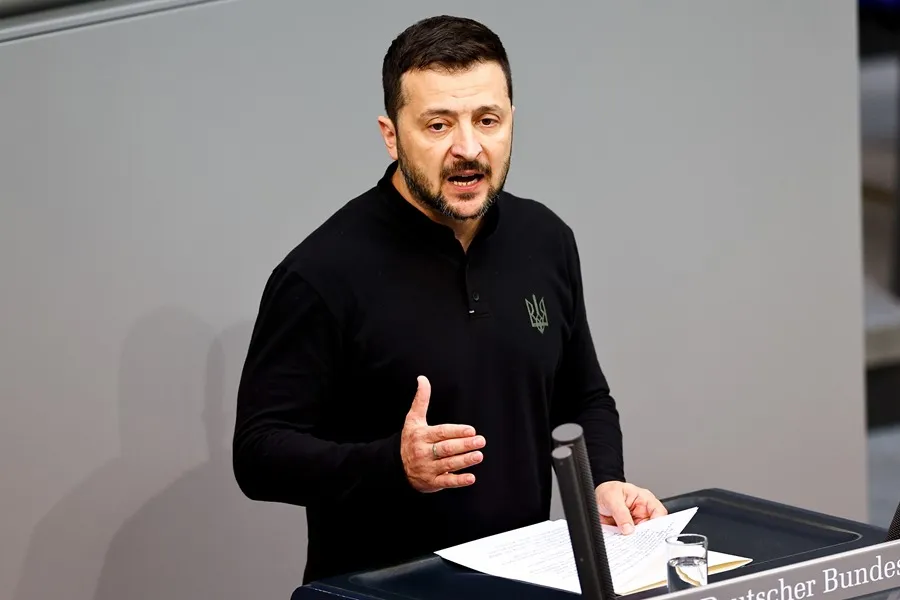
The Ukrainian government on Wednesday declared a nationwide energy state of emergency amid continued Russian military attacks and extreme winter weather, with nighttime temperatures dropping as low as minus 18 degrees Celsius.
“The consequences of Russian attacks and worsening weather conditions are severe (…) Overall, a state of emergency will be declared for Ukraine’s energy sector,” Ukrainian President Volodymyr Zelensky said in a statement posted on social media following a meeting with senior officials.
Zelensky announced the creation of a “permanent coordination headquarters” to manage the crisis in the capital, Kyiv, and tasked former defence minister and current energy chief Denys Shmyhal with overseeing support efforts for affected individuals and communities, including addressing power outages, heating shortages and other “practical issues.”
“There are many problems that require urgent solutions,” the president said, noting that repair crews, energy companies, municipal services and the State Emergency Service are working “around the clock” to restore electricity supplies. Kyiv has been particularly affected after Russian strikes last Friday disabled key parts of the power grid, as daytime temperatures hover around minus 12 degrees Celsius and plunge to minus 18 at night.
Zelensky added that public authorities will “maximize efforts with partners to obtain the necessary equipment and additional support,” while the government will ensure “maximum deregulation of all processes” to speed up the connection of backup power equipment to the grid. He also confirmed that work is underway to significantly increase electricity imports into Ukraine.
The Ukrainian leader further instructed his Cabinet to review curfew regulations in light of the extreme cold, arguing that citizens must have the greatest possible access to assistance centers, while businesses should be given flexibility to plan their operations according to the state of the energy system.
International
France joins Denmark’s ‘Operation Arctic Resistance’ in Greenland amid U.S. tensions

French President Emmanuel Macron confirmed in the early hours of Thursday (Wednesday afternoon in El Salvador) that France will take part in “Operation Arctic Resistance,” after Denmark announced it would expand its military presence in Greenland amid rising tensions with the United States over Washington’s stated ambitions regarding the semi-autonomous territory.
“At Denmark’s request, I have decided that France will participate in the joint exercises organized by Denmark in Greenland, ‘Operation Arctic Resistance,’” Macron said in a brief message posted on social media at 5:18 p.m.
The French president added that “the first French military elements are already on their way, with others to follow,” though he did not specify the number of troops being deployed or the scale of France’s planned contribution.
The governments of Sweden, Norway and Germany have also confirmed the deployment of military contingents to Greenland. Germany’s armed forces will send a 13-member reconnaissance team to the Greenlandic capital, Nuuk, to take part in a mission scheduled to run from Thursday through Saturday, according to the German Ministry of Defence.
Denmark’s announcement came shortly before a Danish delegation met at the White House with U.S. Vice President JD Vance and Secretary of State Marco Rubio to discuss Washington’s plans regarding Greenland. Copenhagen said the military activities would be carried out “in close cooperation with NATO allies.”
International
Iran closes airspace amid U.S. threats and deadly nationwide protests
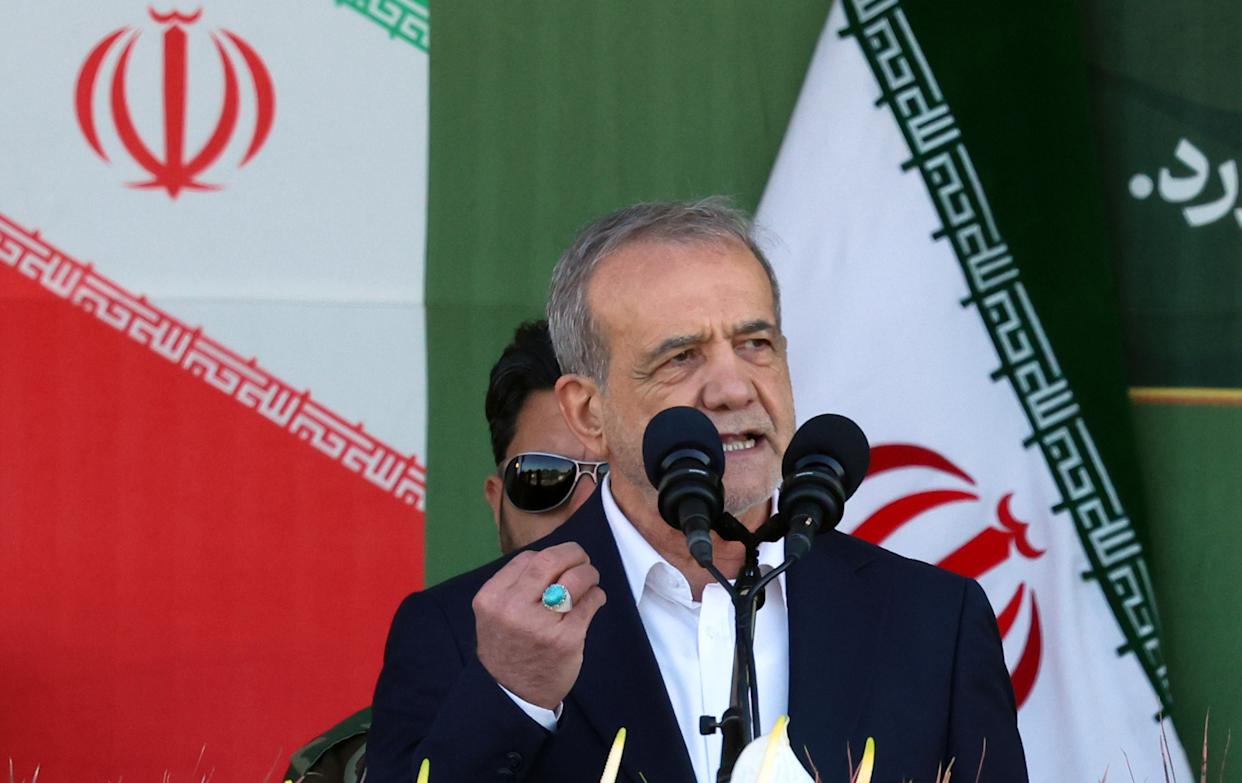
Iranian authorities closed the country’s airspace in the early hours of Thursday, according to data from flight-tracking website FlightRadar24, amid growing threats of a possible U.S. attack as protests across the country continue and have reportedly left thousands dead.
According to FlightRadar24, the Iranian government suspended all flights to and from the country, except for international flights that have received special authorization. The notice was initially issued for a duration of just over two hours.
The move comes after U.S. President Donald Trump in recent days threatened to strike Iran if its security forces failed to halt the deaths linked to weeks-long protests that began in Tehran and later spread to other Iranian cities. Despite the threats, the White House said diplomacy remains Trump’s preferred option.
Speaking from the Oval Office on Wednesday, Trump claimed that “the deaths in Iran have stopped” and said there would be no executions of protesters following his warnings to Tehran. He added that his administration would seek to verify those claims.
“I’ve been told the deaths in Iran are stopping. They’ve stopped, and that there are no plans for executions,” Trump told reporters, cautioning that the United States would be “very upset” if those assurances proved to be untrue.
The statements contrast with reports from rights groups. The Norway-based NGO Iran Human Rights (IHRNGO) said on Wednesday that more than 3,400 people have been killed since the protests erupted. Meanwhile, Kurdish-Iranian rights group Hengaw reported this week that a 26-year-old Iranian man, Erfan Soltani, was facing execution as of Wednesday.
-

 International3 days ago
International3 days agoDeadly van accident near Brazil border leaves 11 dead in Bolivia
-

 Central America3 days ago
Central America3 days agoU.S. and El Salvador maintain close partnership, embassy says
-

 International3 days ago
International3 days agoU.S. to host Danish and Greenlandic Foreign Ministers at the White House
-
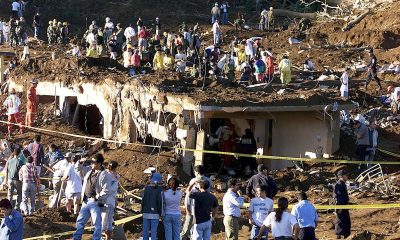
 Central America3 days ago
Central America3 days agoTaiwan’s $10 million donation after 2001 earthquakes allegedly diverted in El Salvador
-
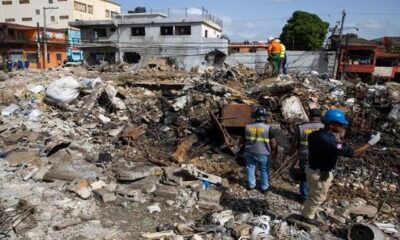
 International3 days ago
International3 days agoDominican court postpones hearing in deadly nightclub collapse case
-

 International3 days ago
International3 days agoPolice hunt gunmen after fatal shooting in Corsica
-
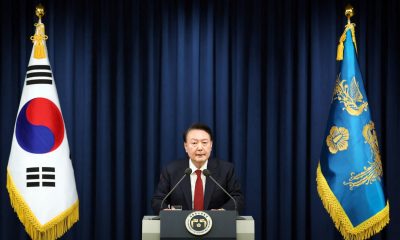
 International3 days ago
International3 days agoEx-President accused of bid to establish dictatorship as verdict nears in South Korea
-

 International3 days ago
International3 days agoVenezuelan opposition leader dedicates Nobel Prize to Trump
-
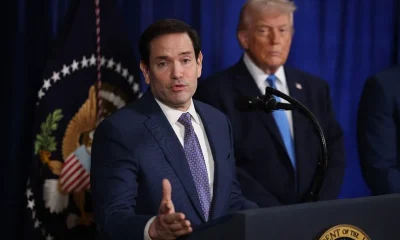
 International5 days ago
International5 days agoU.S. Issues Urgent Evacuation Call for Citizens in Venezuela
-
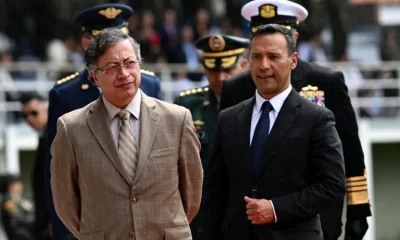
 International2 days ago
International2 days agoColombian Defense Chief Meets U.S. Officials to Advance Bilateral Narcotics Strategy
-
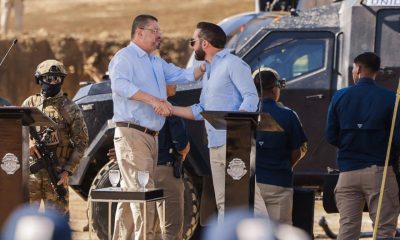
 Central America1 day ago
Central America1 day agoBukele warns crime can become a ‘parallel government’ during visit to Costa Rica
-
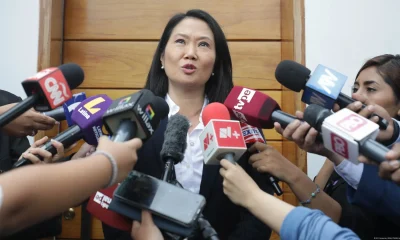
 International2 days ago
International2 days agoPeruvian Court Orders Definitive Dismissal of Money Laundering Case Against Keiko Fujimori
-

 International1 day ago
International1 day agoU.S. to suspend visa processing for applicants from 75 countries
-

 International21 hours ago
International21 hours agoIran closes airspace amid U.S. threats and deadly nationwide protests
-

 International21 hours ago
International21 hours agoU.S.–Denmark tensions escalate as Trump pushes NATO to back U.S. claim on Greenland
-
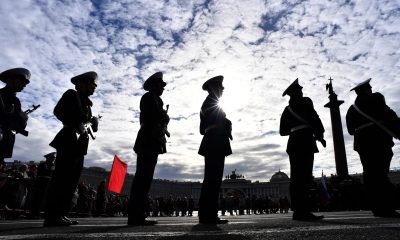
 International21 hours ago
International21 hours agoUK Intelligence estimates russian casualties in Ukraine at over 1.2 million
-

 International21 hours ago
International21 hours agoUkraine declares nationwide energy emergency amid russian attacks and extreme cold
-
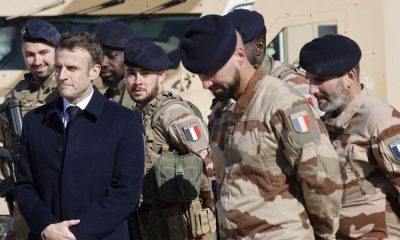
 International21 hours ago
International21 hours agoFrance joins Denmark’s ‘Operation Arctic Resistance’ in Greenland amid U.S. tensions
-
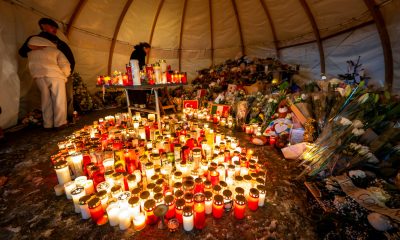
 International21 hours ago
International21 hours agoSwiss Canton of Valais Grants Emergency Aid to Victims of Crans-Montana Bar Tragedy
-

 International21 hours ago
International21 hours agoHillary Clinton skips Epstein inquiry as house panel threatens contempt charges
-

 International21 hours ago
International21 hours agoX moves to block Grok from creating sexualized images of real people amid legal scrutiny


























